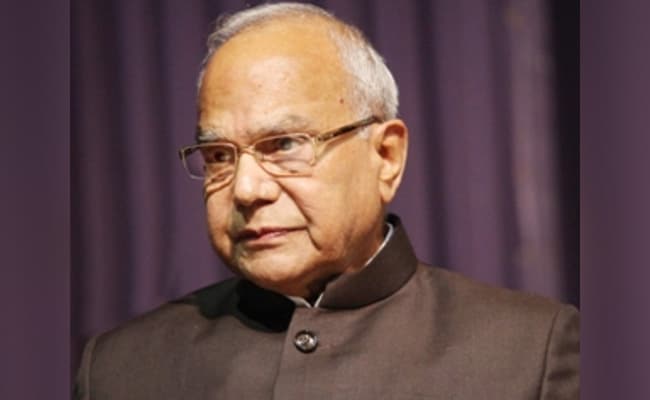
The Governor is intended to be a constitutional statesman, the Court said.
New Delhi:
The Supreme Court today clarified the role and responsibilities of a Governor in relation to Bills passed by state legislatures. The Court ruled that the Governor cannot indefinitely delay or withhold assent to a Bill, emphasising that such actions undermine the legislative process and the supremacy of the elected representatives.
In a verdict released on November 10 and made public last evening, the Supreme Court delivered a judgment on a petition filed by the AAP government in Punjab, which contended that Governor Banwarilal Purohit was withholding his approval of four Bills passed by the state assembly.
“The Governor cannot be at liberty to keep the Bill pending indefinitely without taking any action whatsoever. Failing to make a decision and keeping a duly passed Bill pending for indeterminate periods is a course of action inconsistent with that expression,” said a Supreme Court bench comprising Chief Justice of India DY Chandrachud, Justice JB Pardiwala and Justice Manoj Misra, in a 27-page judgment.
“The Governor, as an unelected Head of State, is entrusted with certain constitutional powers. However, these powers cannot be used to thwart the normal course of lawmaking by the state legislatures,” the bench added.
The Punjab government has also requested a formal judicial declaration that the assembly session held on June 19 and 20 was legally conducted and that all actions taken by the House during that session were valid.
“In a parliamentary form of democracy, the true power lies with the elected representatives of the people. The Governor, an appointee of the President, serves as the titular head of state,” the Supreme Court bench said.
The fundamental principle of constitutional law, consistently followed since the Constitution’s adoption, is that the Governor acts on the ‘aid and advice’ of the council of ministers, except in those areas where the Constitution has entrusted the Governor with the exercise of discretionary power, the Court said.
“This principle cements the bedrock of the constitutional foundation that the power to make decisions affecting the governance of the state, or the nation as a whole, rests fundamentally with the elected branch of government,” the Supreme Court judgment stated. “The Governor is intended to be a constitutional statesman, guiding the government on matters of constitutional concern.”
A running feud has marred ties between Governor Purohit and the AAP government in Punjab, helmed by Chief Minister Bhagwant Mann.
Governor Purohit on November 1 approved two of the three bills presented to him, reversing his earlier stance of subjecting all proposed laws to a rigorous review before allowing them to be introduced in the assembly.
These bills were enacted during the June 19-20 session of the Punjab Assembly, which Governor Purohit had previously deemed “patently illegal.”
Earlier this week, the Supreme Court heard a similar plea by the Tamil Nadu government over the delays in clearing bills in the southern state.




